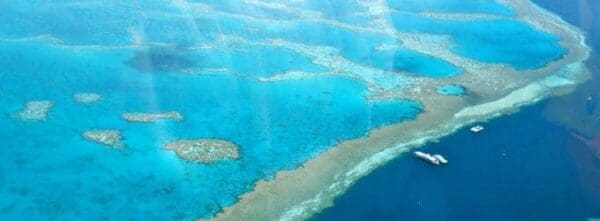Last chance tourism is the tourism industry that is built around the last chance to see something. It could be the last chance to see wild Rhinoceros in Africa, the last chance to see the Great Barrier Reef or the last chance to see Argentina’s glacier fields.If you knew that before long something would be gone for ever, you would likely make an effort to experience it before it is too late.
Last chance tourism is something that has been increasing in popularity since travel fairs began to fall in price with budget airlines. Flights from the UK to Australia can be had for under £500, a historically low price and as the destinations tourism industry continues to increase, prices will only decrease.
However, what people don’t seem to be considering is the effect that the last chance tourism industry has on the very elements that people are so eager to see ‘for the last time’.
The increase in traffic flocking to see endangered species in their natural habitat disturbs their environment and potential highlights their position to poachers and hunters. Increased local boat traffic boosts water pollution in the area around The Great Barrier Reef, increasing ocean acidity and a decline in the death of coral population. Increased air travel to see natural places of beauty, Argentina’s glacier fields for example, very obviously increases pollution, green houses gases and speeds up climate change.
Our selfish need to tick off items on our ‘holiday bucket list’, ironically only furthers the decline of our planet’s natural beauty. It’s a downward spiral that only gets worse the more and more people realise that this is their last chance to visit these amazing places.
How do we stop this downward spiral of self-perpetuating destruction?
Education.
Studies by the University of Queensland show that of 235 tourists surveyed, 70% were strongly motivated to see the Great Barrier Reef ‘before it’s gone’ however did not list their own travel and tourism to be a contributing factor to the damage to the reef.
People need to be educated to the fact that their (albeit small) contribution to global warming, habitat destruction and pollution is still a contribution. A contribution, no matter how small, is huge. However, this notion and mind set doesn’t stop at the negative, it applies to the positive also. A small contribution to sustainability, recycling and conservation isn’t as small as it may seem.

